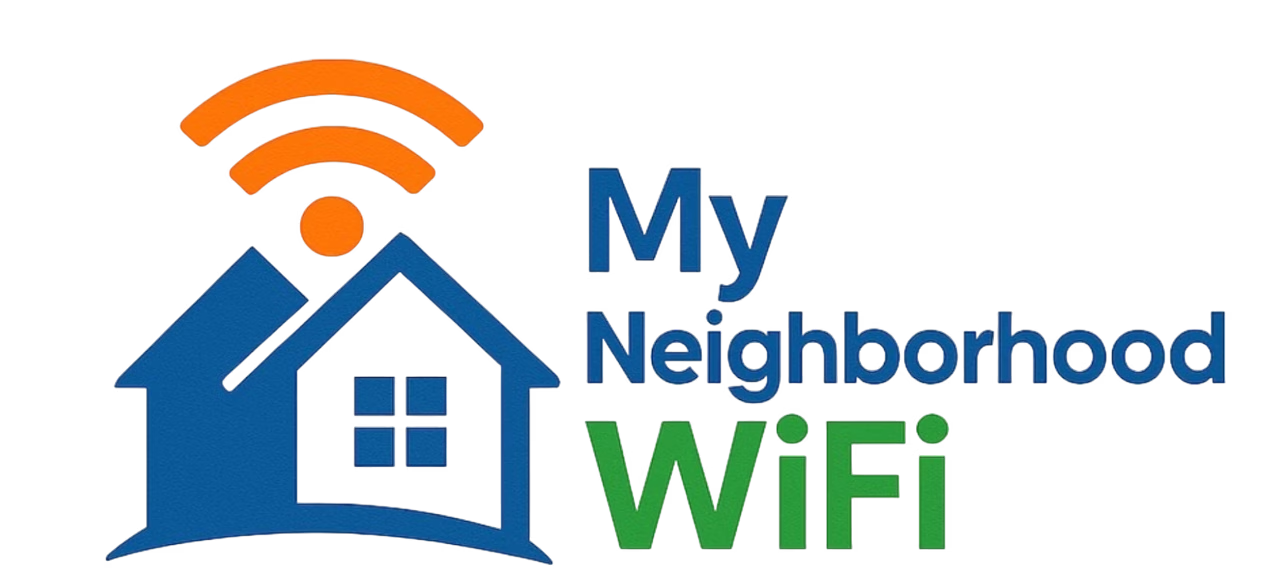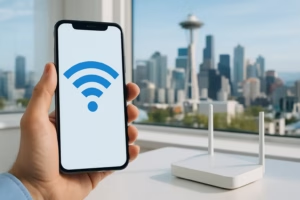
When it comes to secure browsing, remote work, or streaming privately, a Virtual Private Network (VPN) is only as strong as the internet connection behind it. Finding the best internet providers for seamless VPN performance can make the difference between smooth, private browsing and a frustrating experience filled with connection drops or lag. This guide explores what matters most when choosing an ISP (Internet Service Provider) for VPN use, what features to look for, and how everyday users can maximize their VPN speed.
Why VPN Performance Depends on Your Internet Provider
A VPN creates an encrypted tunnel to secure your data. However, this process also introduces overhead that requires reliable speed and low latency. If your provider already struggles with bandwidth consistency, your VPN usage will suffer. Here’s how ISPs directly affect your experience:
- Bandwidth: Higher bandwidth allows data to move quickly through the VPN tunnel.
- Latency: A lower ping ensures smoother browsing, video conferencing, and gaming with a VPN.
- Stability: Consistent performance means fewer dropped connections when switching VPN servers.
For example, downtime or throttling on your provider’s side can reduce VPN speeds dramatically. Many users report on forums like Reddit that switching providers solved problems that no VPN tweak could fix.
Key Features to Look for in a VPN-Friendly Internet Provider
Not every provider is equal in terms of how they handle encrypted traffic. When selecting an ISP for VPN usage, keep an eye on these specific traits:
- No throttling of VPN traffic: Some providers detect VPN usage and slow it down. Look for ISPs with neutral traffic management.
- Upload and download speed balance: VPN use involves sending and receiving data, so balanced speeds improve overall performance.
- Low packet loss: Dropped packets create interruptions, which are more noticeable when tunneling through a VPN.
- Good peering with international servers: Since VPNs often connect you to global servers, providers with strong global routing perform better.
How Internet Speed Affects VPN Usage
VPNs introduce about 10–20% overhead on your internet speed depending on encryption and distance to the VPN server (source: Wikipedia). If your ISP speed is already near its limit, the drop can make streaming or video conferencing painful.
Here’s a simple way to estimate what you’ll need:
| Usage | Recommended Speed (with VPN) |
|---|---|
| Browsing & Email | 5 Mbps download |
| HD Video Streaming | 20 Mbps download |
| 4K Streaming / Large File Uploads | 50+ Mbps download, 20 Mbps upload |
| Video Conferencing | 10–15 Mbps minimum |
Popular User Experiences Shared Online
Communities on Quora and Reddit frequently discuss which ISPs pair best with VPNs. From these user experiences, a few themes stand out:
- Fiber connections almost always support VPN use better than cable or DSL due to lower latency and higher upload speeds.
- Providers with strict data caps can quickly become limiting for VPN users who stream or download frequently.
- Although download speeds are often advertised heavily, upload speed consistency is critical for VPN users who work remotely with cloud tools.
VPNs and Streaming Services: Why the Right ISP Matters
Streaming platforms sometimes block VPN servers, causing buffering issues. Having a stable, fast connection ensures that when a VPN server does work, the experience remains seamless. On forums like Reddit’s r/cordcutters, many users note that fiber-based ISPs provided smoother Netflix and YouTube streaming while connected to VPNs.
Tips for Getting More Out of Your Internet When Using a VPN
Even with the right provider, you can take steps to improve your VPN’s performance:
- Connect to a VPN server geographically closer to you for lower latency.
- Choose VPN protocols like WireGuard or IKEv2, which outperform older ones like PPTP.
- Use a wired connection instead of Wi-Fi whenever possible to reduce packet loss.
- Avoid peak hours when your ISP’s bandwidth may be saturated by other users.
You can even find practical guides on improving home networking on YouTube that walk through router configurations and VPN optimization tips.
Choosing the Best Internet Provider for VPNs
With all of this in mind, the “best” provider ultimately depends on your location and the services available to you. However, we can create a general checklist that holds true across regions:
- Prefer fiber-optic connections: Ideal for heavy VPN use.
- Avoid ISPs with strict throttling policies: Read customer reviews before signing up.
- Look for consistent rather than peak speeds: Consistency is more valuable than occasional high bandwidth.
- Seek providers without harsh data caps: Especially important for streaming through VPNs.
Final Thoughts
If VPN use is central to your daily routine—whether for work, privacy, or entertainment—choosing the best internet provider for seamless VPN performance is just as important as picking the right VPN service. By focusing on stability, speed, and transparency from your ISP, you’ll ensure that your VPN runs smoothly, securely, and without interruption. Remember: a VPN can only be as strong as the internet service it’s built on.
“Most inquiries are answered within the same day”
Written by admin
Content writer and tech enthusiast sharing insights on internet connectivity.



